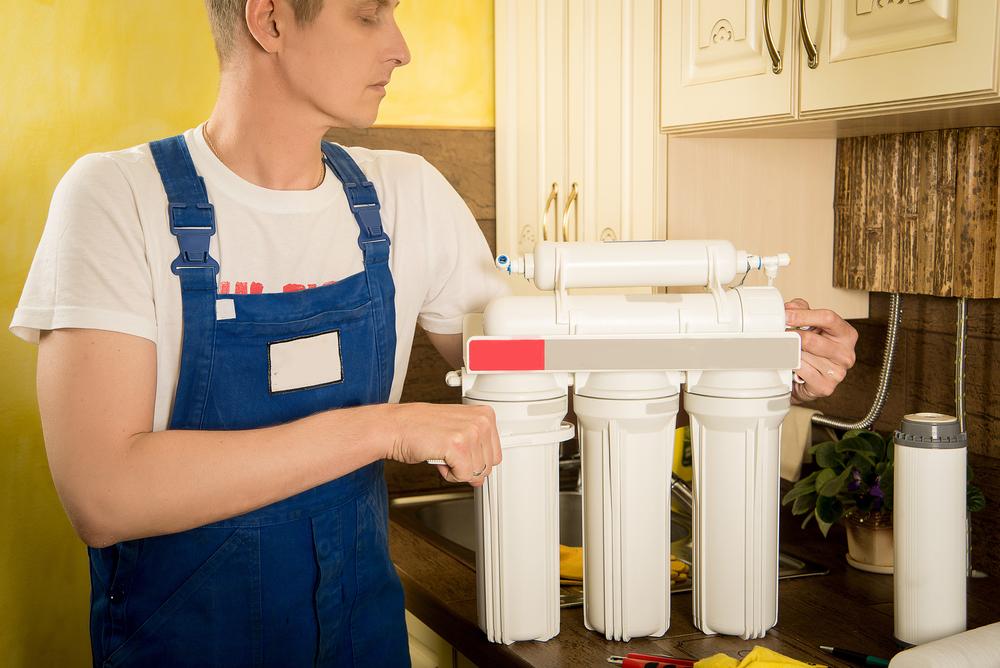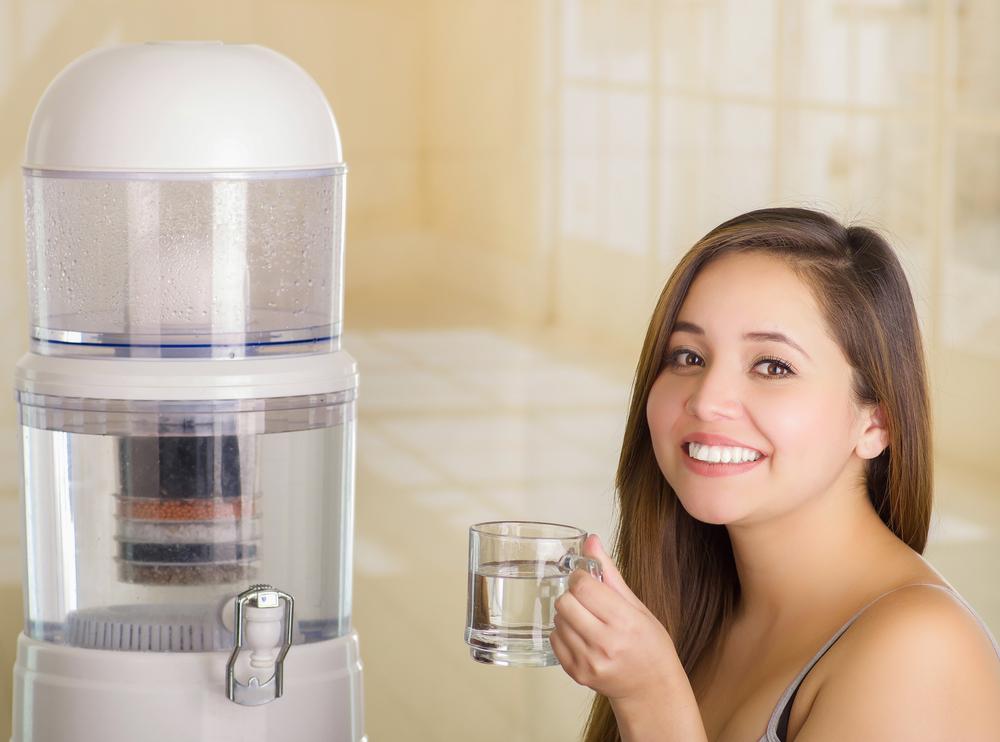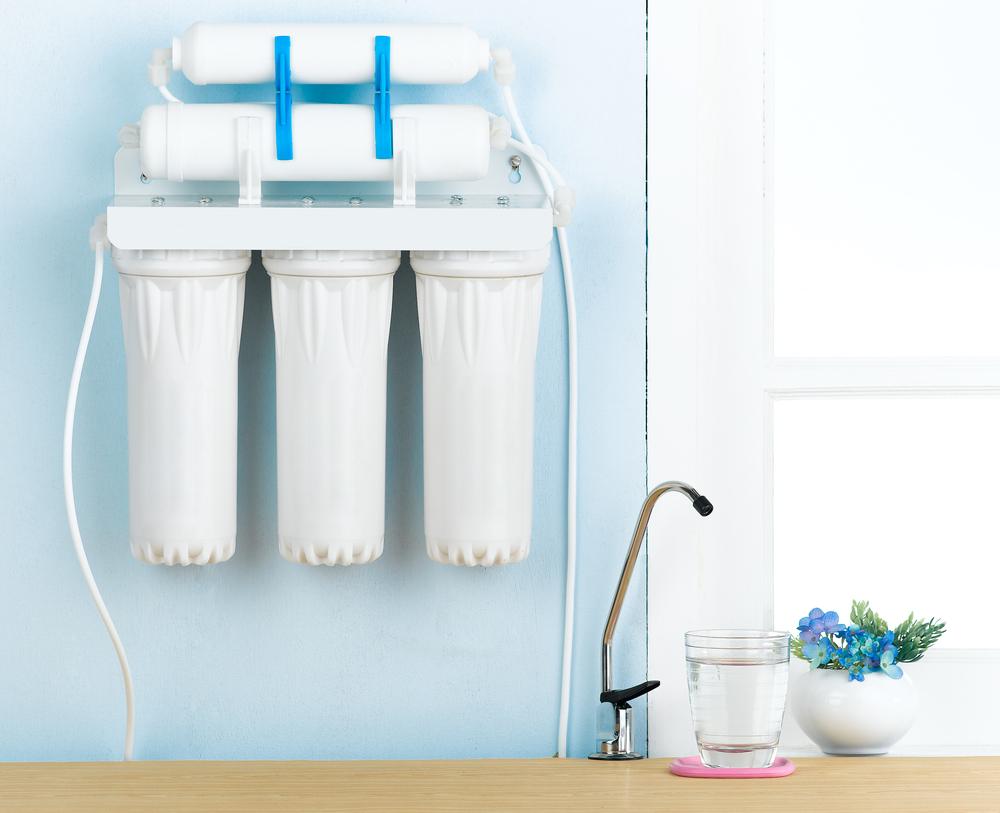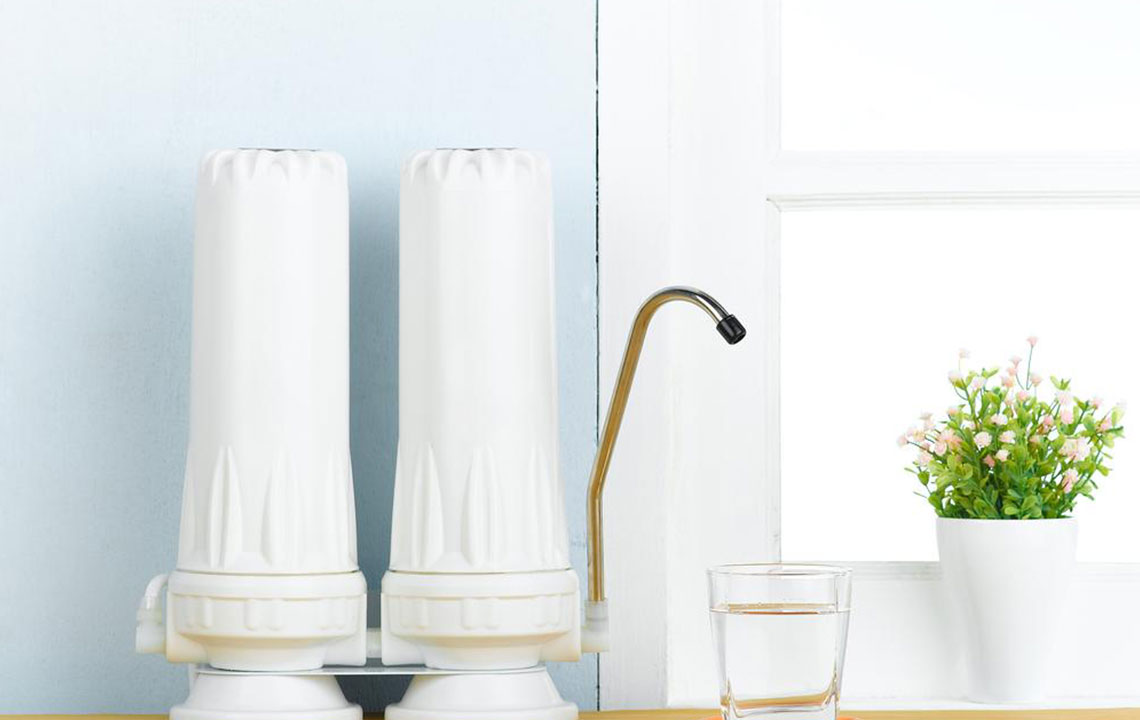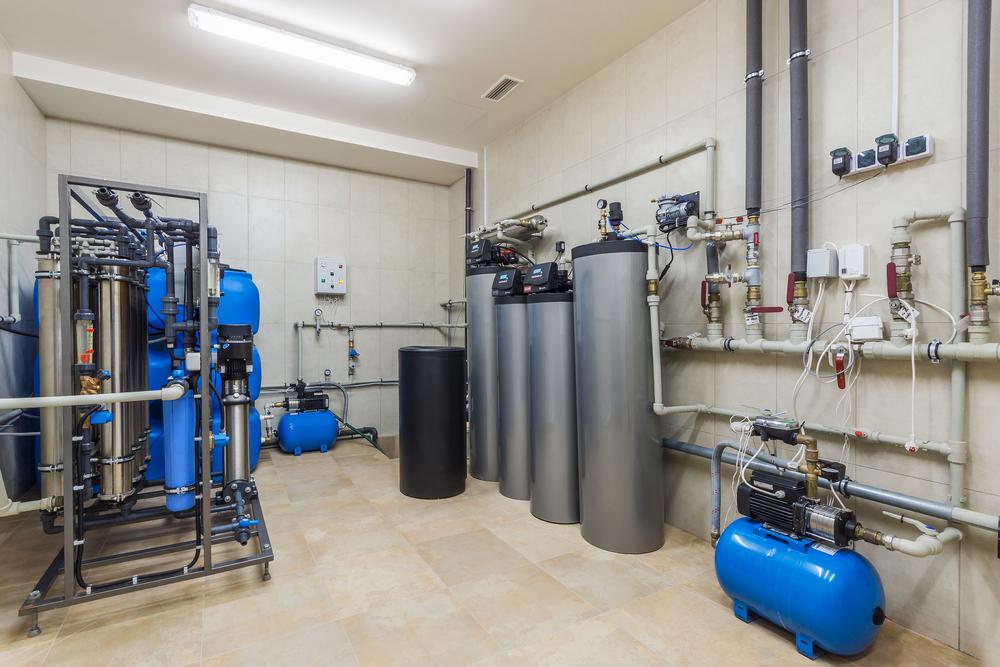Comprehensive Guide to Water Softening Systems for Homes and Businesses
This detailed guide explores the importance of water softening systems for homes and businesses. It covers the causes of hard water, the negative effects on appliances and plumbing, and how to choose the right solution. Installing a water softener can dramatically reduce energy costs, extend appliance lifespan, and improve water quality. Whether dealing with municipal or well water, understanding your options ensures efficient and sustainable water management. Learn how to identify hard water signs and maintain your system for optimal results, promoting better water usage today.
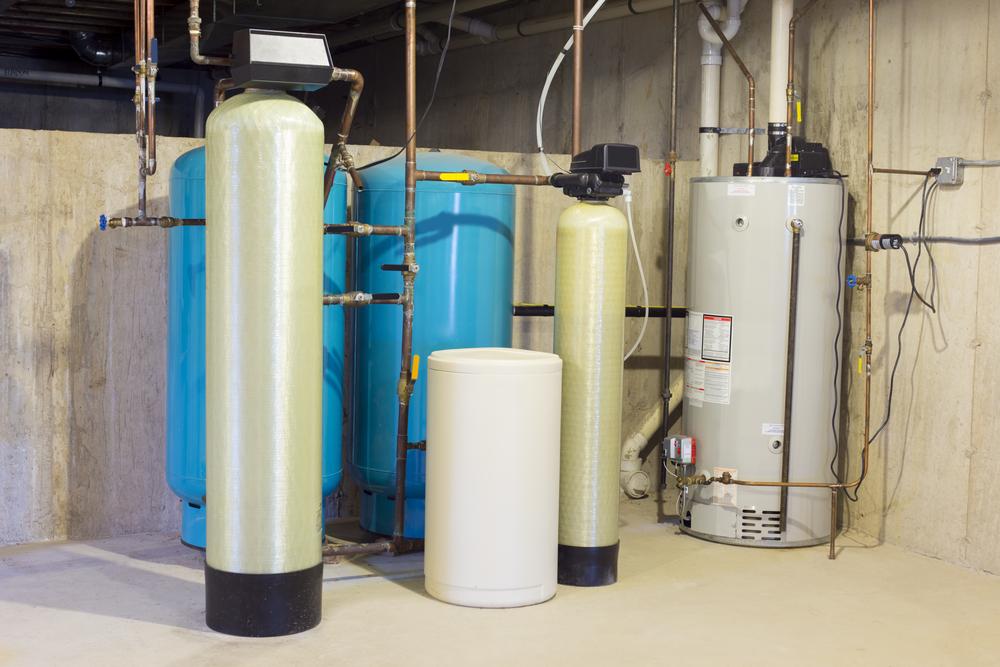
Comprehensive Guide to Water Softening Systems for Homes and Businesses
Are you experiencing prolonged heating durations or noticing excess soap usage during laundry? These common signs often point to the presence of hard water in your supply. Hard water contains a high concentration of minerals, primarily calcium and magnesium, which can significantly impact the performance of appliances, plumbing, and cleaning routines. The good news is that installing the appropriate water softening system can effectively treat hard water, transforming it into soft water that safeguards your household or business infrastructure. This comprehensive guide delves into the causes of hard water, the benefits of water softening, and how to select the right system for your specific needs.
Understanding what makes water 'hard' is essential. Hard water is characterized by elevated levels of mineral salts, particularly calcium carbonate and magnesium sulfate. These minerals originate from natural deposits dissolving into water sources like wells or municipal supplies. When hard water flows through pipes or circulates within appliances, it leaves mineral deposits that gradually build up over time. This mineral accumulation not only hampers the efficiency of your appliances but also leads to increased energy costs and maintenance expenses.
For example, in water heaters, mineral deposits form a layer that insulates the heating element, forcing the system to work harder and consume more power. Over time, this can lead to premature failure of the unit. Similarly, in washing machines and dishwashers, mineral buildup can interfere with cleaning performance, resulting in clothes and dishes that aren’t thoroughly cleaned. Plumbing fixtures—faucets, showerheads, and pipelines—are also vulnerable to limescale and mineral deposit formation, reducing water flow and causing damage if left unaddressed.
Beyond appliance efficiency, hard water usage escalates cleaning costs and shortens the lifespan of plumbing infrastructure. To mitigate these issues, water softening systems employ specific mechanisms that remove or neutralize minerals, ensuring water quality aligns with household or commercial standards. These systems typically introduce special media or chemicals that bind minerals, preventing their adhesion to surfaces and reducing deposit formation. This process significantly enhances the longevity of appliances and plumbing, while also improving water quality and reducing detergent consumption.
Choosing the correct water softening solution depends largely on the source of your water supply. Municipal water supplies usually undergo treatment before reaching homes, and city water softeners are effective at removing calcium and magnesium. If your home relies on well water, which often has higher mineral content, opting for specialized well water softening systems is advisable to address the elevated mineral levels effectively. For commercial and industrial settings, larger-scale systems are required to meet higher demand and ensure consistent water quality. Selecting an appropriate system involves analyzing your water source, understanding the specific mineral content, and considering the size and water usage of your household or business.
Properly installed and maintained water softening systems provide numerous benefits. They extend the lifespan of appliances and plumbing fixtures, reduce energy and cleaning costs, and improve overall water quality. Regular maintenance, such as resin bed regeneration or media replacement, ensures optimal performance and longevity of your water softening investment. Ultimately, whether for residential or commercial use, a tailored water softening system can help you enjoy cleaner, safer, and more efficient water usage.

